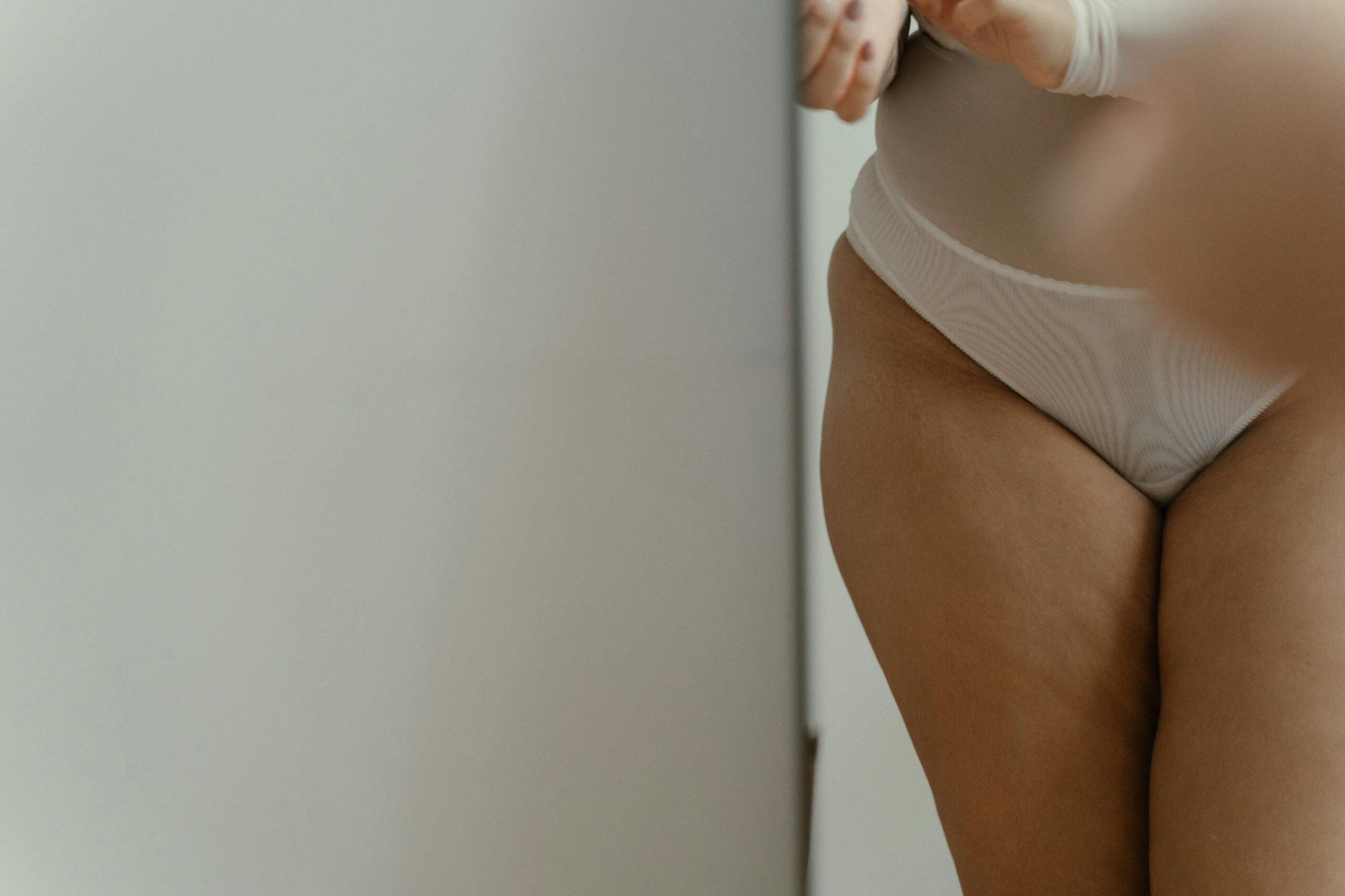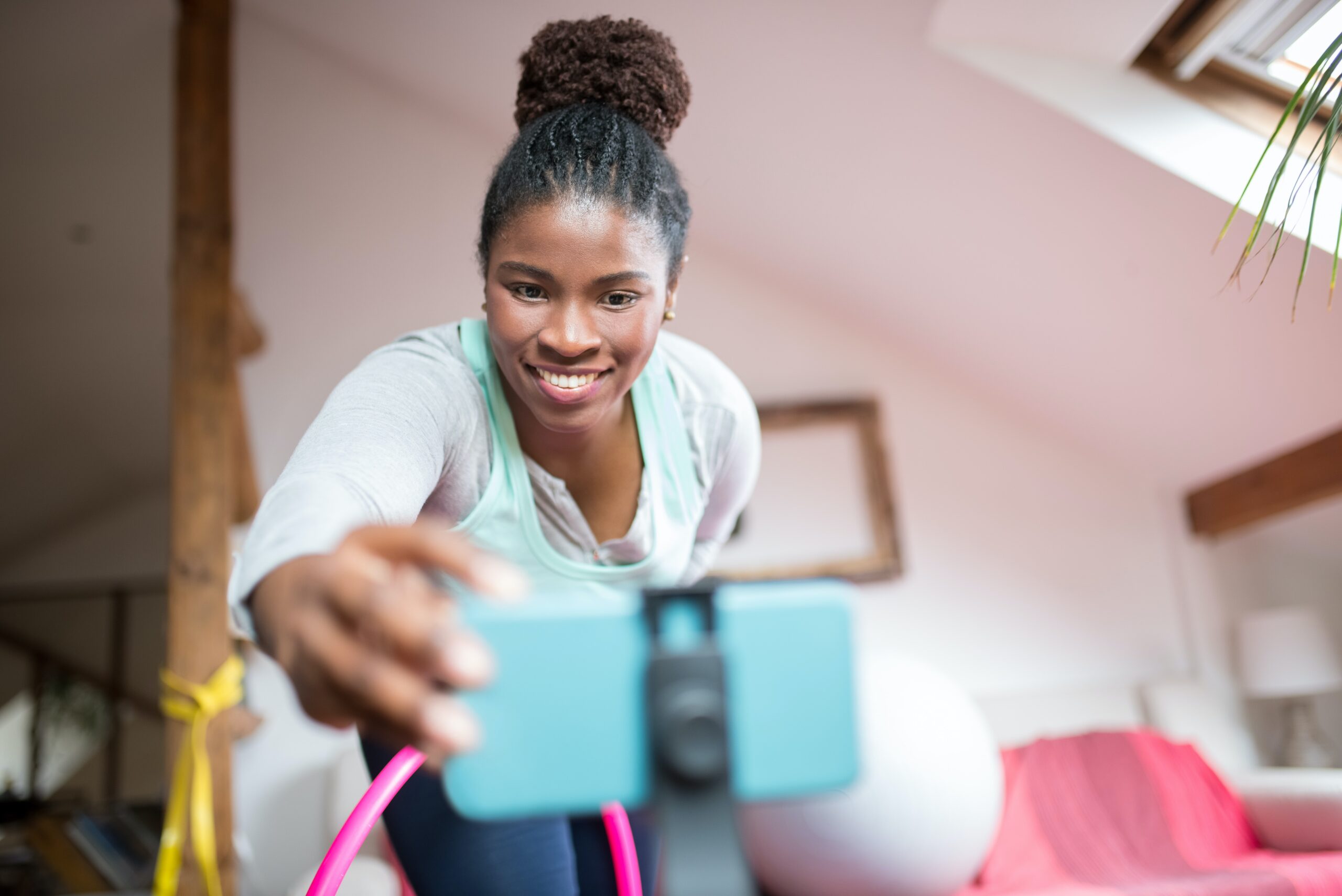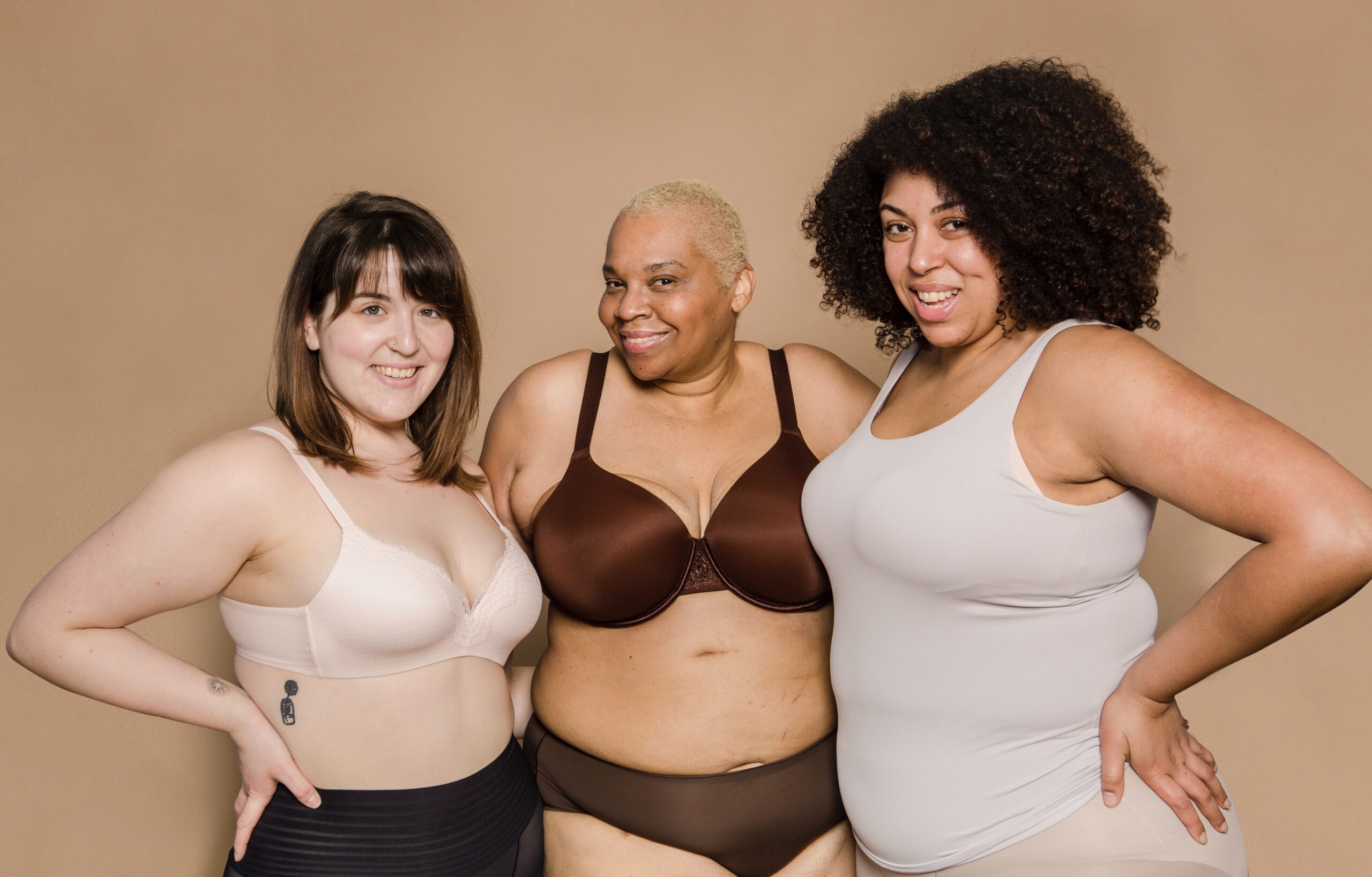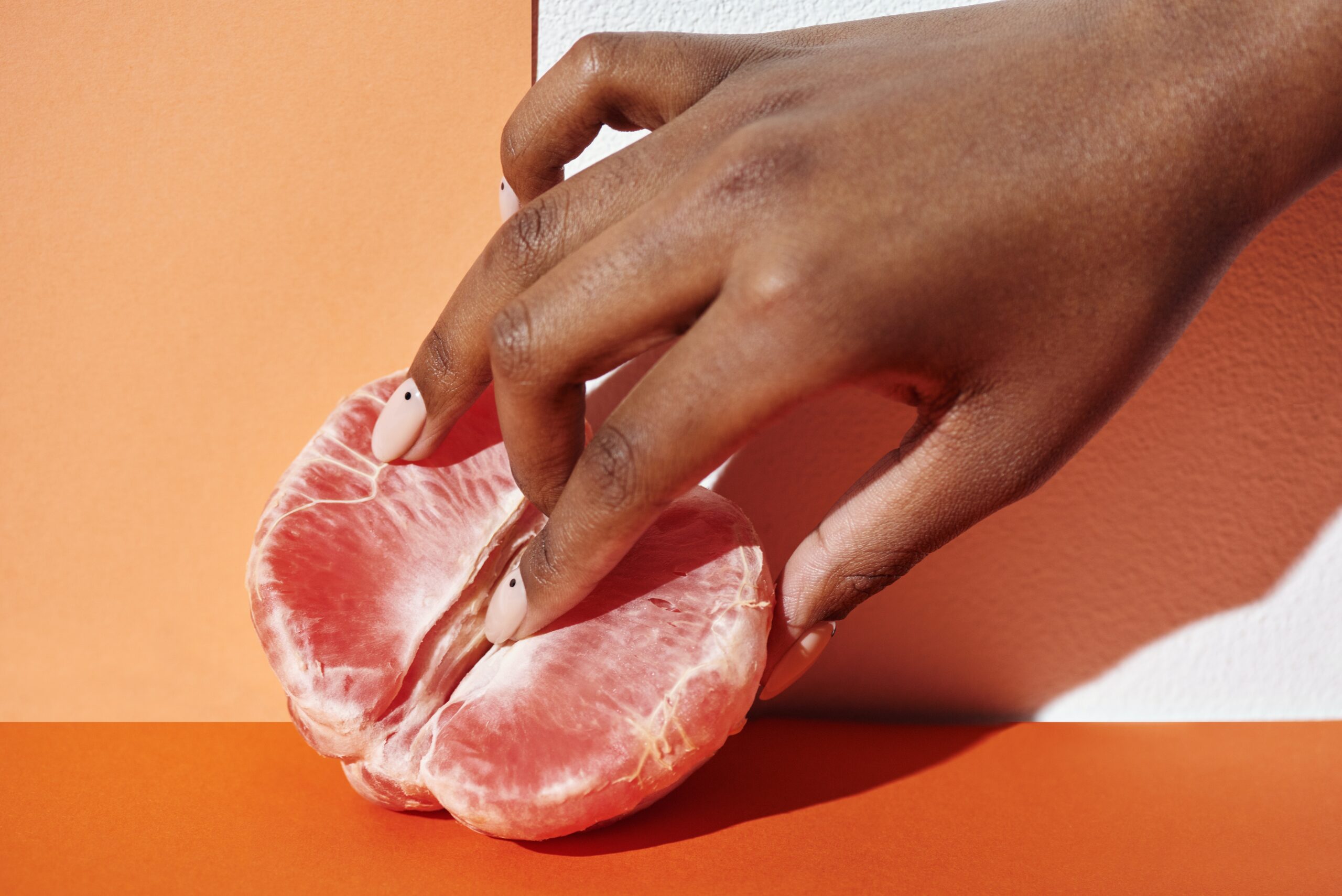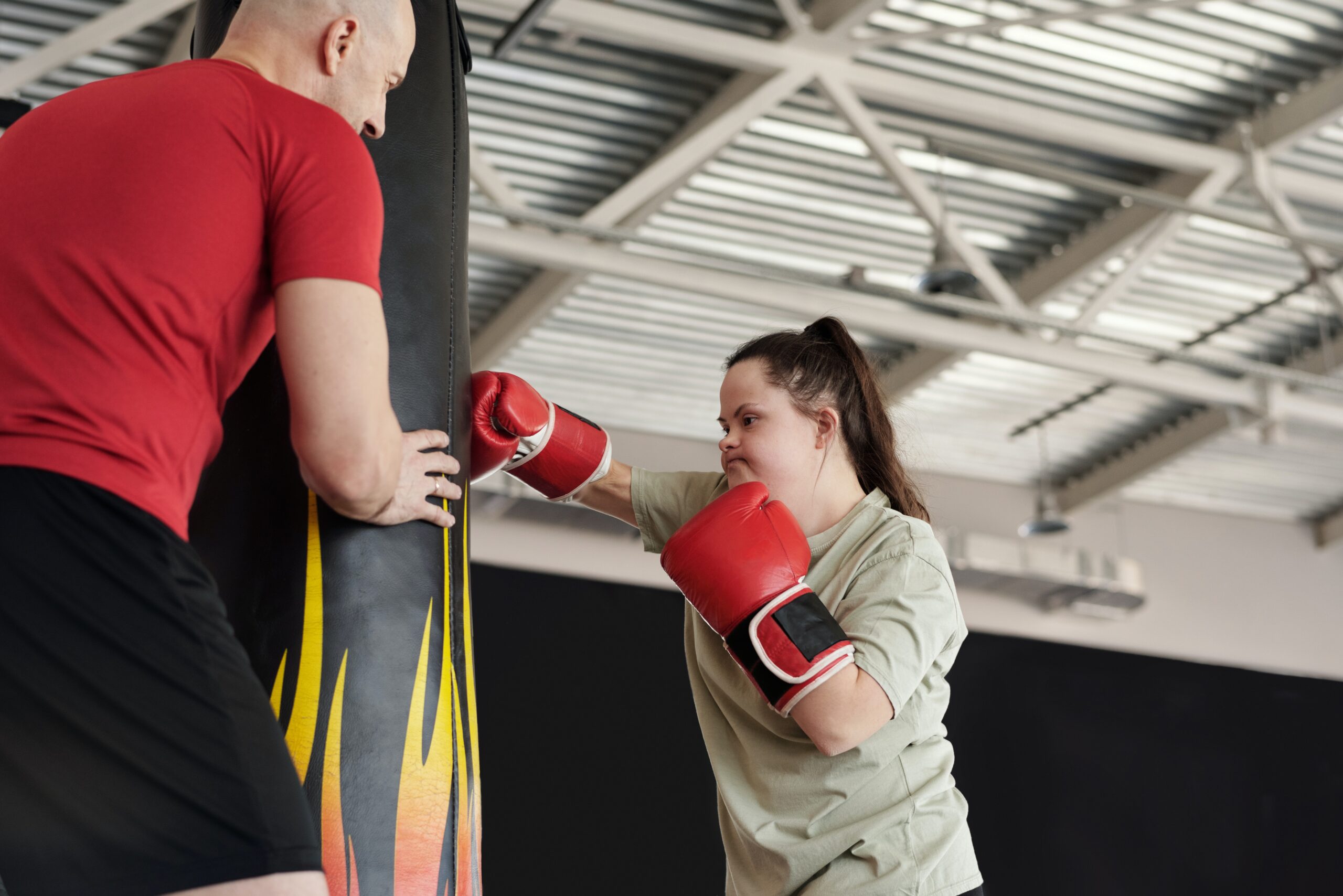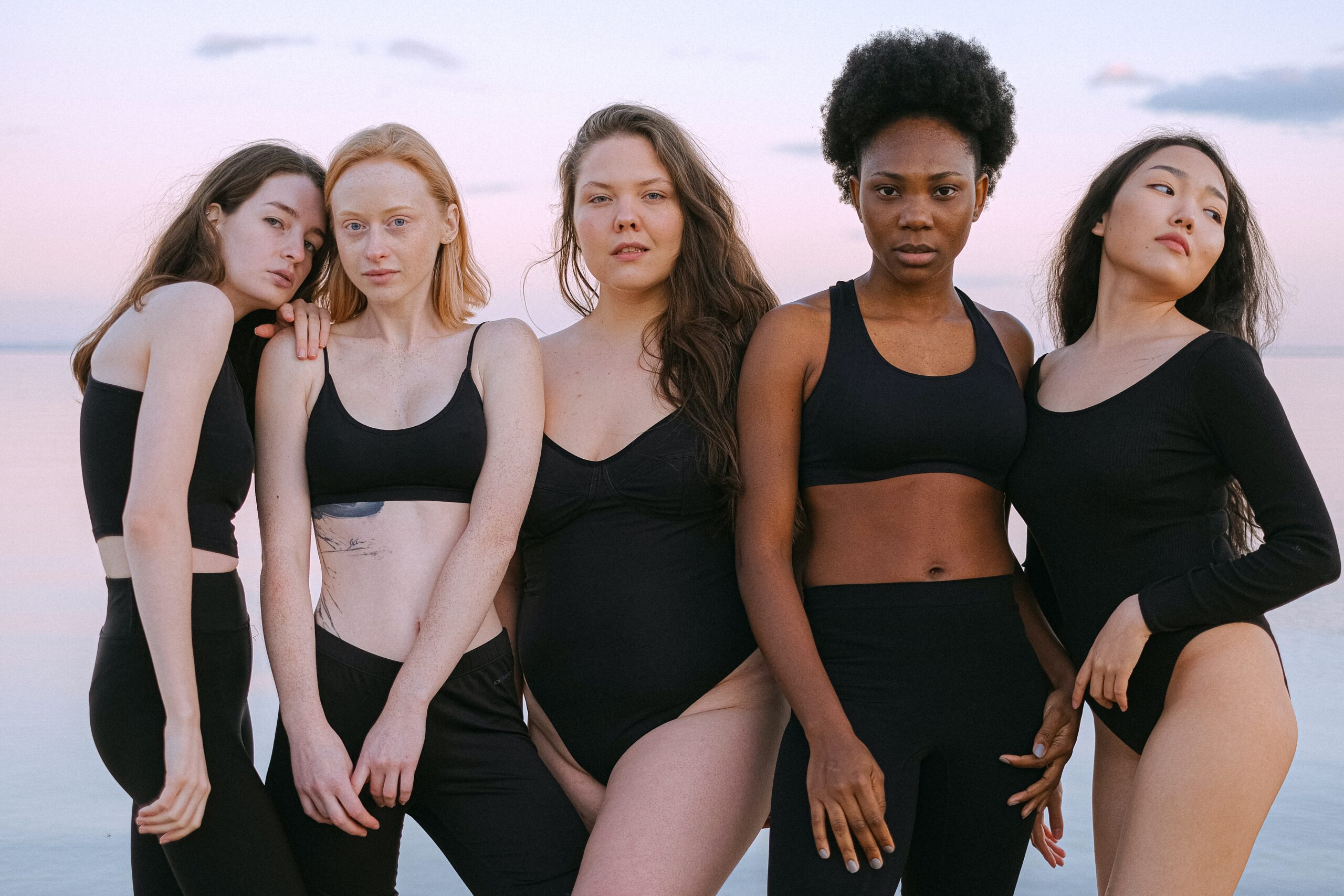
Back in October we shared the story of UK politician Caroline Nokes who prompted an inquiry into the alleged harmful practices of the fashion and modeling industries, after a handful of models had been speaking out publicly about the body image pressure they were under in order to continue working.
Caroline is the chair of the All Party Parliamentary Group on Body Image, and on December 1st, she and representatives from the UK fashion world descended onto 10 Downing Street to hear from a range of people, including models, as to whether there needs to be legislation protecting girls from dangerous requests about their body image.
Ahead of the inquiry, British Vogue editor-in-chief Alexandra Schulman told the national press that thin girls on the runway should not be blamed as the cause of eating disorders in other girls, but that if a model is suffering from an eating disorder she shouldn’t be allowed to work.
Some of the models who joined Caroline Nokes in sharing their personal experiences included international plus size model Hayley Hasselhoff, who said although she hasn’t faced pressure, she has heard of many girls who are forced to go to extreme lengths to live their dream of being a model and change their bodies.
UK-based model Rosie Nelson who has been campaigning alongside Caroline Nokes for a while now after sharing her own story of being pressured to lose weight from her modeling agency, was at the inquiry and said at some runway events she was afraid to eat anything other than fruits or vegetables in case she put on weight. Rosie started a Change.org petition a number of months ago in order to show the people present at the inquiry just how many people around the country feel there needs to be an overhaul and system of accountability into the way the fashion industry sets standards for models.
It should be noted that a modeling agency representative claimed there was nothing wrong with the current standards which is part of the problem, in our opinion. The standards need to be wider and more inclusive in order to prevent girls with body types naturally outside the industry standards from thinking they need to go to extreme lengths just to stay employed.
In conjunction with the attention on this inquiry, i-D Magazine released a 4-part video series called ‘Size Matters‘ where they interviews 3 models and one fashion industry executive to share their opinions on this divisive issue away from the political spotlight.
Models Rosie Nelson, Barbie Ferreira, Sabina Karlsson, and former editor of i-D Magazine and promoter of diversity and inclusion in the industry Caryn Franklin, who was also recently featured in Alexa Chung’s Vogue.co.uk series on fashion.
“Fashion has a health problem. After a number of young women spoke out about the incredible pressure to stay super-thin, the UK government is launching an inquiry into model health with an all party discussion on December 1st. In the run up, i-D explores issues of body image in fashion and beyond with #SizeMatters, a week of videos and features on the topic,” says the website about the series.
In episode 1 Rosie Nelson candidly shares how, as a size 8 model (US size 4 roughly) she was told by an agency that they wanted her to lose weight “down to the bone” before they would work with her.
“I came away from that thinking that’s a really irresponsible thing for anyone to say to any girl and that’s when I decided to make the petition to bring awareness to the issues in the industry,” she said.
Plus size model Barbie Ferreira who has modeled for American Apparel said although the industry considers her “larger” than the “standard” sizes, in real life she is average. But thanks to the internet and the rise of plus size models on social media platforms and blogs, the industry is being forced to acknowledge what is popular now.
“Bigger opportunities are being given to curvy girls and I think it’s time that we stop hating ourselves and feeding into the bullsh*t so that we can fuel this billion dollar industry,” she said.
Swedish model Sabina Karlsson who is now based in New York says from the beginning of her time in the big apple she lived in fear of being sent back home because she wasn’t as skinny as the other girls and didn’t always fit the clothes. At one casting in Milan, Italy, a casting director squeezed her thigh as commented that she was too big.
“Sometimes models don’t get treated like an actual person, we’re just being treated as products…I guess I felt that being a straight size model was the only way to be successful. That was the world I was coming from, and also that’s what the society and media are putting out there,” she said.
In the final episode, Caryn Franklin says the modeling world is a tough space for young girls to occupy because they are surrounded by adults who have a set agenda about how they feel is the best way to promote clothes and products. But she also says that designers hold the power to change the industry literally overnight by choosing a different aesthetic to promote in their collections.
Cary believes the body image pressures affect men as well and we all need to raise our voices as consumers to demand change from within the industry.
“If we an all remain hyper vigilant about the imagery that we’re creating, because we recognize how influential the fashion industry is, then we could begin to make choices and communicate with our viewers in a really impactful way,” she said.
The more we hear from models like Rosie Nelson who are encouraging girls to speak up when they feel they are being unfairly treated because of their size or shape, the more the industry will change, and not in a way to shame girls for being too skinny, but to create a fundamental awareness that all body shapes and sizes are considered fashionable and beautiful. Existing beauty standards are in need of a reform, and we hope this is the start of positive things to come.











